Family sexual violence workplace Policy – why it’s important and lessons learned
Having committed themselves to addressing family and sexual violence (FSV) within the workplace, the Bank of South Pacific (BSP) recognized the need to complement and support Bel isi PNG services through development and implementation of a new Group FSV Company Policy. BSP has now launched its Group FSV Company Policy in the hope of creating a safe environment for its employees to come forward and seek help. This policy will first be rolled out in PNG followed by progressively rolling it across seven other countries in which BSP operates in. Alicia Sahib, Head of Support Services for BSP in Papua New Guinea explains.
Why is it important for BSP to have an FSV policy? What are the benefits?
BSP, like many organisations within PNG, has a sizeable workforce and with that comes a variety of different upbringings, cultures and backgrounds. In having the FSV policy, BSP is working towards creating a safe organisational climate whereby staff who are survivors feel safe in coming forward and seeking help without judgement.
The FSV Policy provides a clear practical guide for managers, employees, survivors and perpetrators on the organisation’s stance on violence, how to identify FSV and what support BSP can offer. The procedures and responsibilities are outlined and provide explicit guidance on what assistance can be provided by BSP to an employee.
Why is it important for BSP to have policy as well as subscribe to Bel isi PNG?
Subscribing to Bel isi PNG provides members and their employees a network of service providers who are specialized in assisting survivors of FSV, which provides confidence to employees to seek help when they need it. A company FSV policy can make it clear that organisations do not accept violence and are making it easier for their employees to understand and access help when they need it. Company policies help set organisational culture and we hope that it will also help to change community attitudes more broadly towards violence.
What are the practical steps involved in getting a work place policy?
The FSV Policy was formulated through consulting various legal and human resource departments to ensure it could be applied in different legislations as well as complemented or worked in conjunction with other existing country specific BSP policies.
We also consulted other organisations and people to hear what worked for them. We conducted qualitative and quantitative research that enabled us to develop a very practical policy which is easy to follow by all parties.
The Business Coalition for Women has been consulted from the start for general guidance on workplace policy and provided a technical review of the document.
[Editor recommends organisations seek support from the Business Coalition for Women who offer a model policy, implementation support and key contacts training.]
What are some key lessons in drafting a FSV Policy?
The key challenges we had in mind when drafting the policy were about who should own it, how it should be implemented and how to embed it in our organisation. While policy implementation is straight forward, creating the knowledge base internally on how to provide support is essential.
Our policy addresses the importance of having an internal governing and reporting body (FSV Action Committee) which will be established in each country and will report directly to the Country Manager or CEO. It will be supported by a network of contact points depending on the size and geographical location of the workforce in each country. Constant and consistent messaging through modelling – ensuring that both women and men are contact points, awareness programmes, newsletters and bite size communication pieces is part of the success matrix in embedding the policy.
What are some key challenges you’ve already identified?
The initial challenge will be ensuring that Country Managers or CEOs of the businesses have an interest in the policy and thus ‘owns’ it. Having support from the top is essential.
Another challenge concerns the repercussions for perpetrators depending on their position within the organisation. The policy applies to every employee, no matter where they sit in the hierarchy. To ensure this blanket approach is employed, the governing body will be reviewing and assessing cases and making recommendations relating to perpetrators according to procedures and internal policies.
What advice would you give to an organisation that is interested in subscribing to Bel isi PNG and implementing their own policy?
A company interested in subscribing to Bel isi PNG must first be aware of and understand the impacts of FSV in the workplace and be prepared to take ownership of the issue. It’s not about simply paying a subscription and ticking a ‘box’, rather there has to be engagement and ownership from leadership within the organisation itself. The CEO has to take a personal interest, as it is an issue which affects everyone. No matter what job title a survivor has, no matter how much the survivor earns or where the survivor lives, the problem exists in every level of society around us.
By subscribing there is an acknowledgement that family and sexual violence negatively impacts on your business, your staff and customers. Subscribing to Bel isi PNG will ensure that your staff will be supported to access the help available that they need. But my advice is that we need to do more. It’s about having the right policies in place so that employees know how to approach the situation and the support they have. It’s embedding a culture that provides for a safer and more supportive organisation climate to prevent and reduce the incidences and effects of FSV in the workplace.

